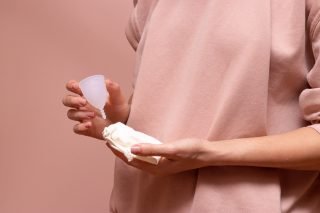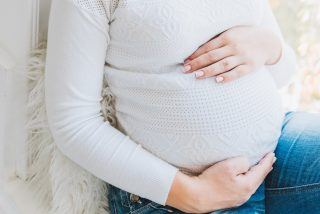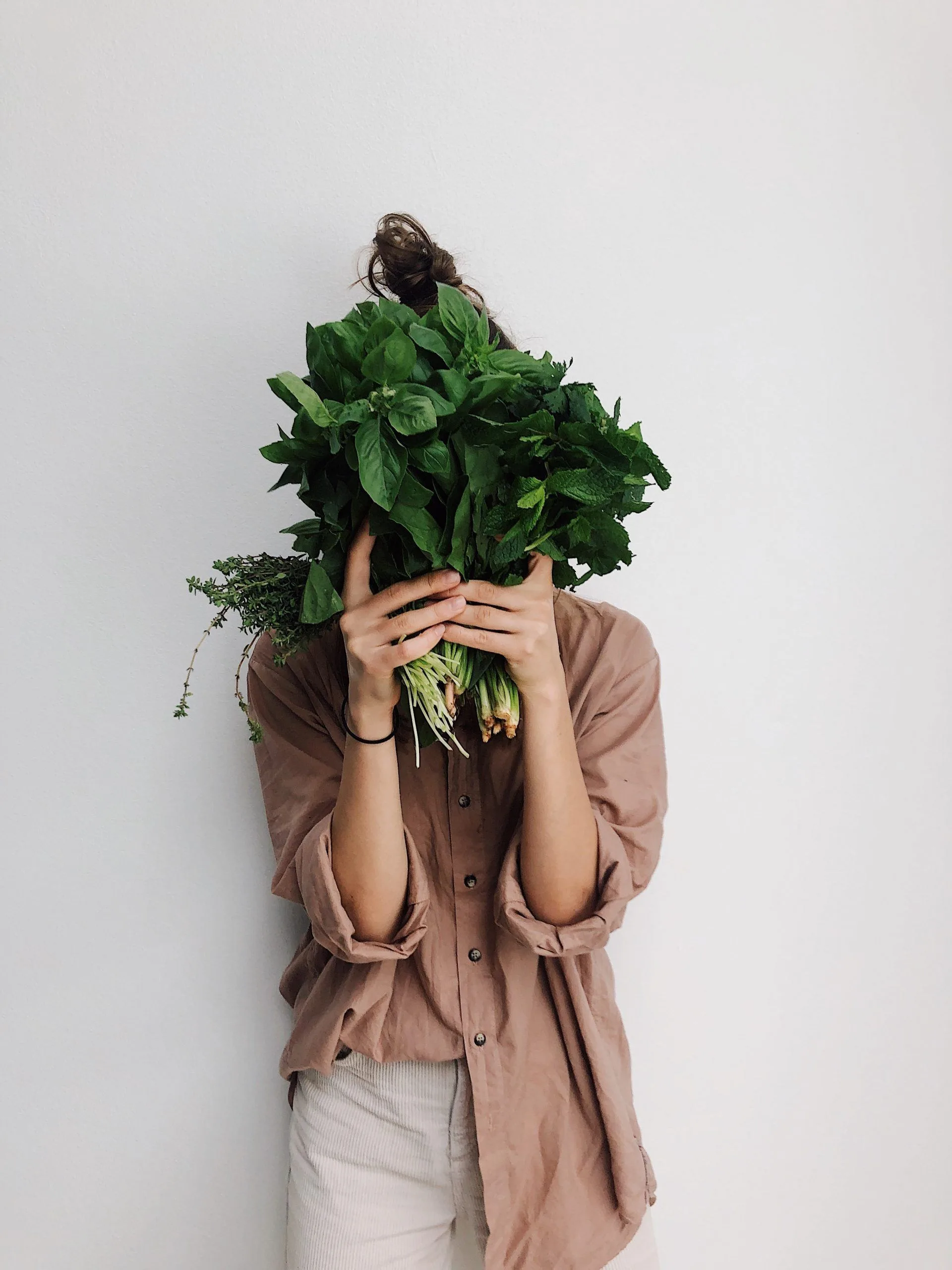It’s perhaps one of the most vital minerals in the human body. Making sure that your iron levels are correct is imperative. Having too little in the body can cause serious health problems. This includes anemia. But how can you tell whether your iron levels might be low? If they are, what can you do about it? Iron deficiency can be extremely dangerous for your health, so if you are concerned about possible iron deficiency, it’s best to get checked out by your doctor.
What is iron, and why does the body need it?

fizkes/shutterstock
Potentially the most important of all the minerals that the body requires is iron. Iron is vital for multiple elements of health including growth and development. Perhaps most importantly, the body uses iron to facilitate the production of hemoglobin. Hemoglobin is a protein found in red blood cells that carries oxygen from the lungs to all parts of the body. It is also used in the production of myoglobin, which is a protein that provides oxygen to muscles. It is also necessary for hormone balancing and maintenance.
How do I know if I’m suffering from iron deficiency?
Severe iron deficiency is called anemia, and it affects about 5 million Americans. About 10 million Americans suffer from low iron levels, but the levels are not low enough for them to be diagnosed as anemic. Anemia is essentially a severe form of iron deficiency where the body cannot facilitate the production of hemoglobin.
But what are the symptoms associated with low iron levels and/or anemia? According to the Mayo Clinic, symptoms of iron deficiency include
- Extreme fatigue
- Weakness
- Pale skin

- Chest pain
- Increased heart rate
- Headache
- Dizziness
- Lightheadedness
- Cold hands and feet
- Inflammation of the tongue
- Brittle nails
- Unusual cravings for substances such as ice, dirt, or starch
- Poor appetite
If you are concerned that you may be suffering from anemia or iron deficiency, you need to speak to your doctor as soon as possible.
What can cause iron deficiency?
But what is the cause behind anemia and iron deficiency? Why do so many people struggle with low iron levels? According to the Mayo Clinic, this could be due to a few different things, including:
You have suffered blood loss

Photo by Oana Cristina on Unsplash
It sounds obvious, but blood loss is one of the leading causes of iron deficiency and anemia, especially in women. This specifically applies to women with particularly heavy periods who lose a lot of blood during menstruation. There is also the option of slow, chronic blood loss. This can be caused by a peptic ulcer, a hiatal hernia, a colon polyp, or colorectal cancer. Usually, gastrointestinal bleeding comes as a result of “regular use of some over-the-counter pain relievers, especially aspirin”.
There is too little iron in your diet
Again, this sounds fairly obvious but often, where we really lose out on essential vitamins and minerals is in our diets. Consuming too few iron-rich foods can, over an extended period of time, lead to iron deficiency. Adults, children, and infants all require iron in their diets to facilitate correct growth and development.
You are unable to absorb iron
The iron we get from our diets needs to be absorbed into the body in order to be useful. Iron is usually absorbed into the body via the small intestine. Intestinal disorders such as celiac disease which prevent the body from absorbing vitamins, minerals, and nutrients can lead to issues such as anemia.

Photo by Anastasiia Chepinska on Unsplash
You are pregnant
Perhaps less commonly known, pregnancy is also a major cause of iron deficiency and anemia. This is due to the fact that iron stores are often used up much more quickly as both mother and baby require it. Most pregnant women require iron supplements in order to maintain healthy levels.
It is also important to note that some groups are more at risk of developing iron deficiency than others. This includes women, infants, and children, vegetarians and vegans, and frequent blood donors.
What are some good sources of iron?
Ideally, you should aim to get enough iron from your diet. This is also a preventative method and choosing iron-rich foods is generally a great idea. The iron that comes from animal sources is called heme and is generally more easily absorbed by the body. The other type of iron is called non-heme and is found in plant-based foods.
Animal sources
- Red meat
- Pork

hlphoto/shutterstock
- Poultry
- Seafood
- Liver and kidney
Plant-based sources
- Beans
- Chickpeas
- Nuts
- Leafy green vegetables
- Dried fruit
- Iron-fortified foods (cereal, bread, and pasta)
- Peas
- Tofu
- Vegetables
- Soy
If you struggle with iron absorption, it is a good idea to consume foods that are rich in vitamin C, especially when eating non-heme foods as this aids in the absorption of iron. If you follow a vegetarian or vegan diet, you will need to increase your intake of iron-rich, non-heme foods. ![fruits and veggies better when they're in-season [longevity live]](https://longevitylive.com/wp-content/uploads/2020/03/pile-of-assorted-varieties-of-vegetables-2255935-213x320.jpg)
What blocks iron absorption?
There are also certain types of foods that tend to prevent the body from absorbing iron. This is most problematic for people that follow a plant-based diet.
Things to look out for include the tannins in coffee, tea, some wines, and even certain types of berries. Another thing to avoid is carbonated beverages that contain phosphates as well as phytates in beans and grains. Polyphenols in cereals, legumes, and even spinach can also block or reduce iron absorption.
References
https://www.medicalnewstoday.com/articles/287228
https://ods.od.nih.gov/factsheets/Iron-Consumer/
https://www.mayoclinic.org/diseases-conditions/iron-deficiency-anemia/symptoms-causes/syc-20355034







![women [longevity live]](https://longevitylive.com/wp-content/uploads/2020/01/photo-of-women-walking-down-the-street-1116984-100x100.jpg)










